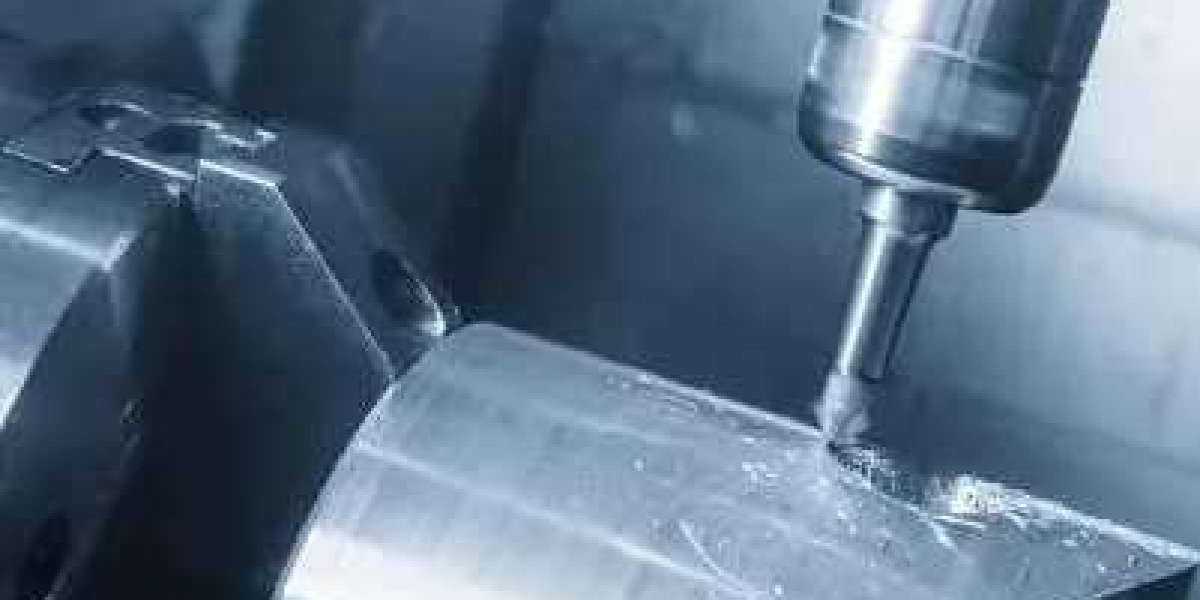Alloy 6061 aluminum
In addition to having outstanding weldability, machinability, and good formability, 6061 aluminum also has medium strength and may keep acceptable workability after annealing.
alloy 7075 aluminum
The ideal aluminum alloy for aviation and marine plates is 7075 aluminum alloy, a cold-treated, forged alloy with high strength, a compact structure, and great corrosion resistance.
Brass:
A copper and zinc alloy is called brass. Ordinary brass is brass that contains copper and zinc, and special brass is brass that contains a variety of alloys made up of two or more other elements. Brass has a high level of wear resistance. Valves, water pipes, connecting pipes for interior and outdoor air conditioners, and radiators are frequently made of brass.
crimson copper
Pure copper used in industry is red. It is excellently plastic, has strong electrical and thermal conductivity, and is simple to press both hot and cold. It is commonly utilized in the production of products that need strong electrical conductivity, such as wires, cables, brushes, and electric sparks.
stainless steel 316
SUS316 is sometimes referred to as marine-grade stainless steel because it is strong, simple to weld, and highly corrosion-resistant. Ideal for automotive, industrial plumbing, marine fittings, and construction applications.
stainless steel 304
With a high-temperature resistance of 800 °C and the properties of strong processing performance and high toughness, 304 stainless steel is a common material in stainless steel. 304 is incredibly robust, non-magnetic, simple to manufacture, and generally corrosion-resistant.
stainless steel 303
While 304 is mostly used for sheet, plate, and flat stock, 303 typically contains a tiny amount of sulfur, is simple to cut, and is frequently used for round bar stock.
The steel grade is 45#, a superior grade of carbon structural steel. The equivalent German standard is C45, the American standard is 1045, and the Japanese standard is S45C. It differs from standard A3 steel in that it is stronger and more resistant to deformation. The processing capabilities of 45# steel are good, and it is simple to cut.
Q235:
The most extensively used steel is Q235, which has a reasonable carbon content, good overall performance, and well-matched strength, plasticity, and welding qualities.
JTR can offer you CNC machining services, as well as the ability to alter the materials and surface finishes.



